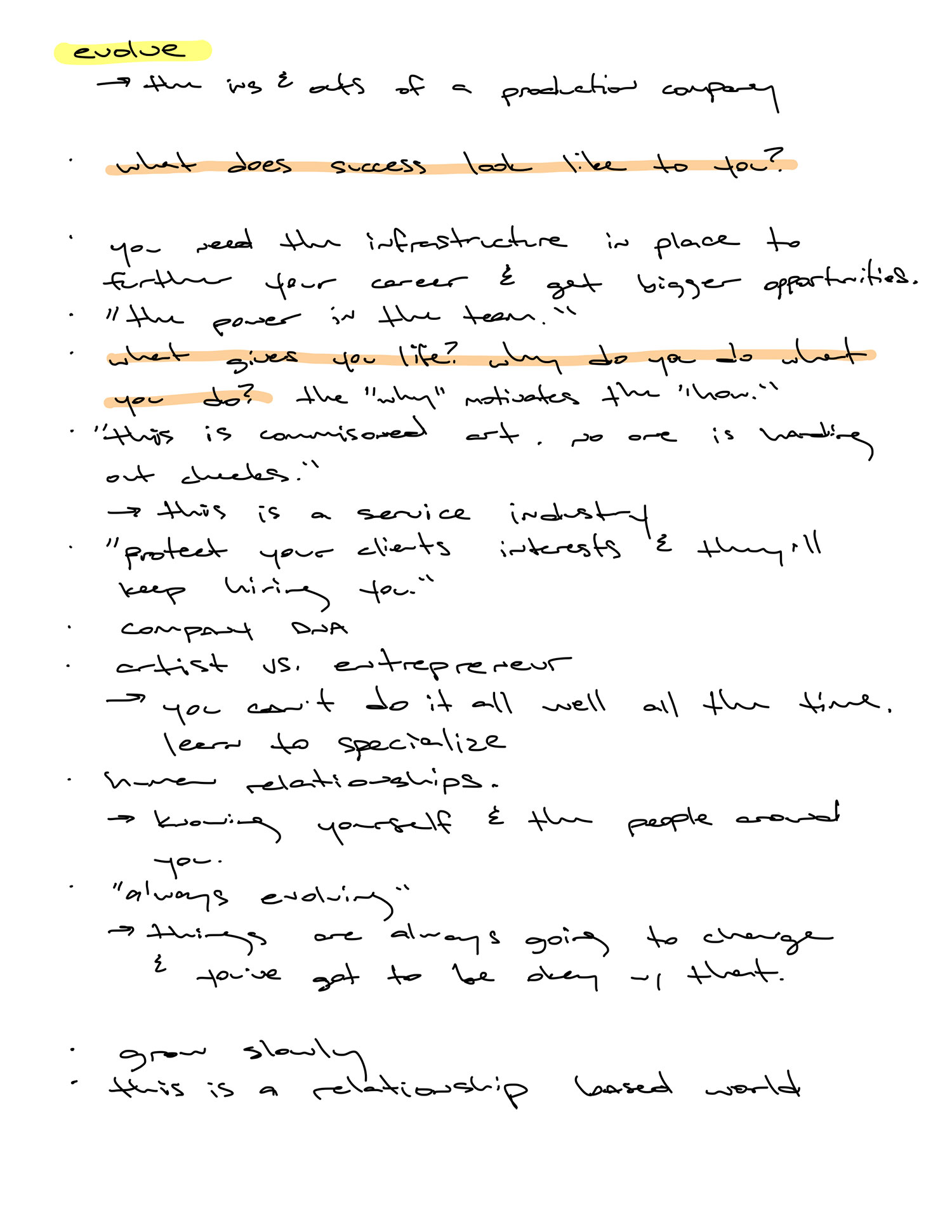It's not difficult to track data, but effectively using it in decision-making is something else.
Since late 2015, my Filmsupply stock footage portfolio has generated 1,276 individual licensing fees. As a Contributor, that revenue gets split with me (currently 45.1%). 2020 and 2021 saw my revenues up 150-200% compared to previous years, but those two years were outliers due to COVID-19 turning live production on its head. There was a solid period in that mess where my cut of that revenue was $6-7,000/month, but those days are long gone. 2023 was a dumpster fire and my average monthly licensing revenue was roughly 47% below my 2022 numbers. So far, 2024 is looking up, but I'm hesitant to be holding my breath.
The chart below helps me feel somewhat better in terms of trying to explain the significant swings in my licensing revenue. As the U.S. Federal Funds rate decreases, it becomes cheaper to borrow money. As that rate increases, borrowing becomes more expensive, making it harder for businesses to finance their operations. That said, I wouldn't say I'm qualified as an expert in this nonsense so I'd take this chart with a grain of salt. If you've got the time, go check out Tyler Vigen's Spurious Correlation where he features charts of correlated data that actually have nothing to do with each other. "Correlation is not causation."
Having a solid understanding of this nonsense has helped me to make better-informed decisions when it comes to investing in new film projects and/or equipment likely to contribute to my stock footage portfolio.
Investments in Projects & Equipment
As of last month, I've made a 13% return on the actual money I've dumped into my unfinished rubber stamp project. Based on my previous data, I was confident I'd make a decent return on the licensing fees from the raw footage. My film has elements of small business ownership and the existing clips in my portfolio around a similar theme have done well in the past. I also know I'd be traveling quite a bit while making this film and I've had a good experience with drone footage of city skylines.
Keeping my fixed costs low has certainly been helpful; I own the gear I'm using and I've kept my additional crew expenses to a minimum. Still, I've had major expenses including a week-long road trip to Washington D.C., a couple NYC shoots, and a trip out to Amsterdam with a couple local crew hires. This project still hasn't been released and could honestly be a hot turd, but the reality is that it's been profitable and will continue to generate revenue via stock footage licensing.
Another example is looking at the licensing revenue generated by my DJI Mavic 2 Pro. Currently, I'm not tracking the revenue generated by each piece of gear with my client projects, but I do know what gear was used for my stock footage clips. There's been a 53% return on investment (ROI) with my Mavic 2. In April 2022, I crashed that flying chainsaw to death and I replaced it with a Mavic 3. I do have some stock footage sales connected to that new drone, but considering I don't have as many clips associated with that gear yet, I can imagine it'll be a hot minute before I see the same types of ROI via licensing fees.
Forecasting
As an MBA student we learned how to use different forecasting models and I've done some nonsense with my existing licensing data, but it's nothing I'd lean too heavily on. It's important to remember that it's impossible to forecast with zero error, meaning forecasts are always inherently wrong. My stock footage sales haven't been exactly stable the last few years and a level of data stability is necessary if it's being used to forecast. Still, I have a good idea of where I'm at and what to expect.
Cool, So Now What?
Do realize that none of this nonsense is directly related to generating additional licensing revenue but simply tracking what's already happening. It's possible to increase the search visibility and potential sales of each clip through search engine optimization (SEO) tools, but I didn't talk about adding more assets to my portfolio. Now that I'm wrapped up on my MBA, I've got the additional margin to go out and create new works that could generate additional licensing revenue.
All this nonsense is helpful in gaining insight and making data-based decisions, but at the same time, I'm fully aware of the fact I'm still a self-described "art kid" out here trying to make creative work. It's a fine line trying to convey a feeling or tell a story while still being profitable.









